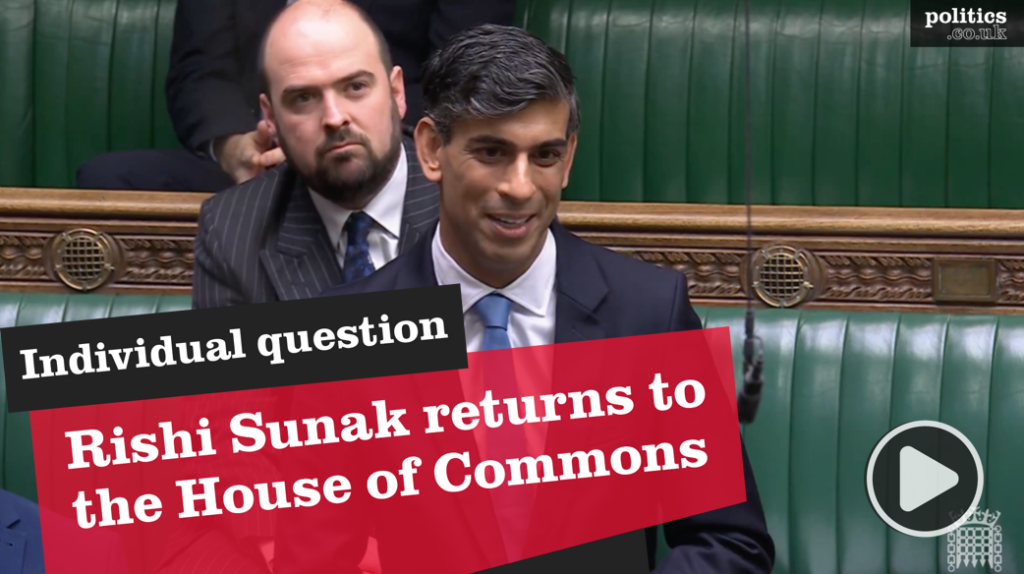TUC warns of “stark class divide” with older low-income workers far more likely to leave work due to ill health
- New report shows that people in low-income jobs account for three-quarters of the rise in older people forced out of the labour market due to sickness
- TUC says tackling inequalities in health and the labour market and boosting flexible working are key to helping more older workers stay in work
- Union body criticises “insulting” calls for older workers to “get off the golf course”
The TUC has today (Wednesday) warned of a “stark class divide” with older low-income workers far more likely to be forced out of the labour market by long-term sickness.
The number of people aged 50-65 neither in work nor looking for a job because of poor health has surged by more than 20% in the last three years to reach 1.5 million.
A new report by the union body shows men and women in low-income sectors of the economy make up more than three-quarters (77%) of this increase.
The TUC has urged the government to address this growing divide by fixing the NHS crisis and boosting flexible working rights to help people manage jobs around health conditions or care responsibilities.
Class and race inequalities
The report shows economically inactive over-50s who worked in sectors with high levels of low pay and insecure work are much more likely to struggle with poor health.
Two-thirds of those forced out of the labour market by sickness came from the five lowest- paid occupation groups – which includes carers, retail workers, cleaners and machine operators. These jobs make up just 40% of the UK workforce.
BME workers face particular challenges.
BME economically inactive men are significantly more likely than white economically inactive men to be in poor health.
And BME women are four times more likely than white men to have stopped work because of caring responsibilities.
Support for older workers
The TUC says that plans to tackle labour shortages by helping more older workers stay in work must address the long-running structural inequalities that result in low-paid and BME workers being pushed out of work for health reasons.
The union body says calls by the Chancellor for older workers “to get of the golf course” were insulting and ill-informed.
The TUC is calling for:
- A mid-life career and skills review for all workers to help them plan, progress and prosper in later life. This includes expanding existing skills entitlements and establishing a new “right to retrain”.
- Greater flexibility in all jobs. There should be a duty on employers to advertise all jobs with possible flexible working options. And all workers should have a day one right to work flexibly – not just the right to ask – unless the employer can properly justify why this is not possible. Workers should have the right to appeal any rejections. And there shouldn’t be a limit on how many times a worker can ask for flexible working arrangements in a single year.
- Investment in public services to deal with the staff shortages across the NHS that are pushing up patient waiting times.
In addition, the TUC says that ministers must publish the independent review of the state pension age delivered to it last October and urgently review planned increases.
Rather than further hikes to the retirement age, the government needs to focus on strengthening the safety net for those already forced out of work before they start drawing their state pension.
TUC General Secretary Paul Nowak said:
“Every worker should be able to lead a healthy working life and to retire with dignity.
“But there is a stark class divide in this country when it comes to health and work. People in working-class professions are far more likely to have to leave their jobs early because of sickness.
“Instead of insulting workers and telling them ‘to come off the golf course’, ministers should be dealing with these health inequalities that are forcing people out of the labour market.
“That means dealing with the staffing crisis in our public services so that people can get treatment earlier.
“It also means making sure there are good jobs available for older people, with stronger rights to retrain and work flexibly that would help them to stay in work longer.
“And it means halting plans for further rises in the pension age that will just consign more Britons to years of poverty and ill health.”











